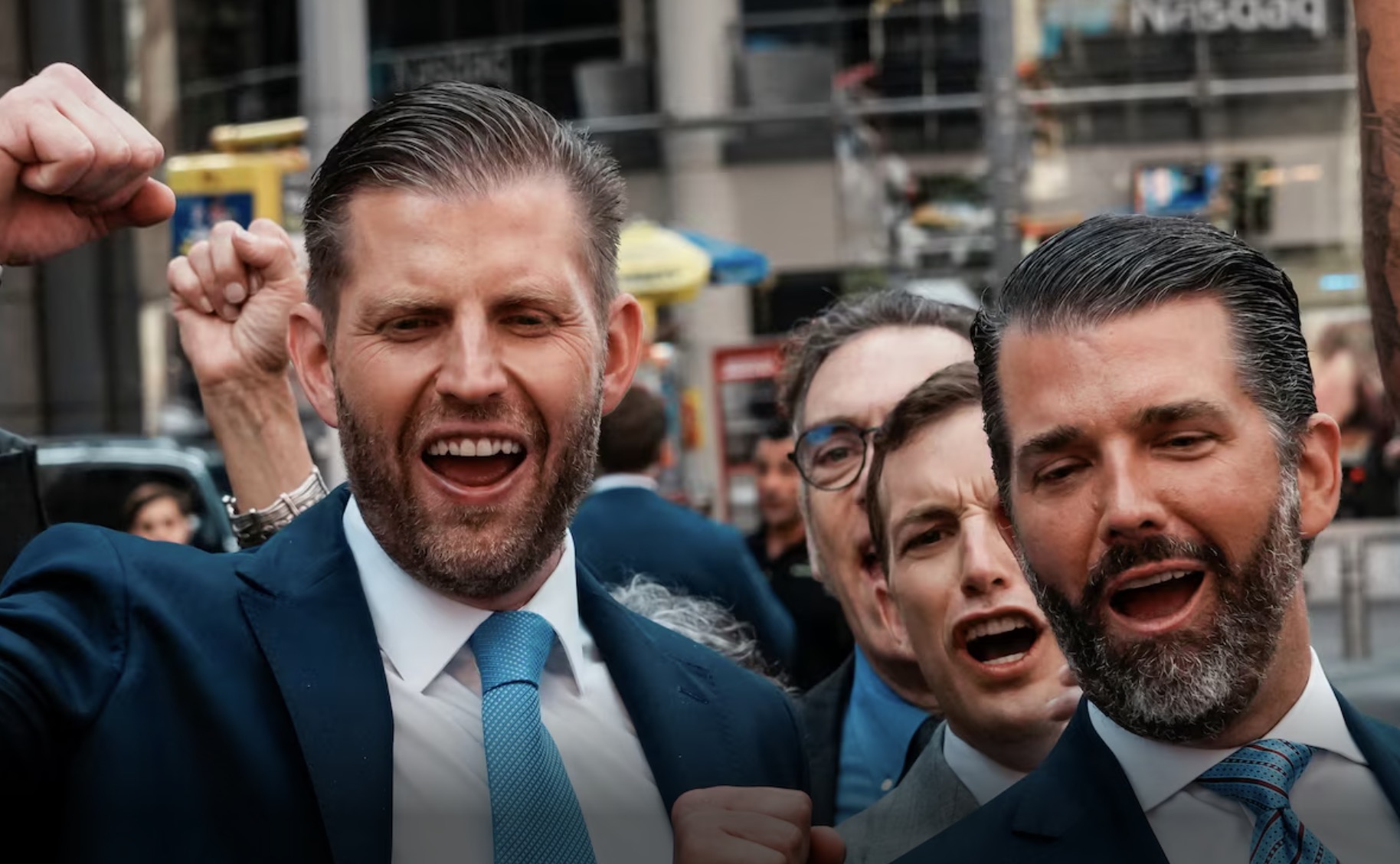Emoluments! Look it up. It is constitutionally important and has a long history, including even the title of America’s head of State. Before landing on the title President, John Adams recommended that our head of state be called: “His Highness, the President of the United States, and Protector of their Liberties.” This was said to be an attempt to imitate the titles of the British monarch. It was only six years earlier that George Washington had proclaimed the Cessation of Hostilities, after Britain and the U.S. agreed to stop fighting. America’s early leaders didn’t want a “Highness.”
Why do I bring this up? Well, titles were bought and sold and considered by many as a ticket to nobility and financial reward. As to titles and other rewards our Constitution writers explicitly said that the President could not: accept “any present, Emolument, Office, or Title, of any kind whatever, from any King, Prince, or foreign State” without the consent of Congress.” There is also a domestic preclusion.
While I am too late in life to consider investing in cryptocurrencies, I am nonetheless curious. After all, the President’s sons have huge investments. Maybe they know something I should know.
My back story. In 1986, I was reminded why those of us who work for the government are not supposed to take advantage of the job. I became the head of the National Telecommunications and Information Administration. It was shortened to NTIA so it could fit on a business card.
I won’t bore you with what NTIA did, but its actions did affect the allocation and use of government frequencies. I had been in a private frequency-based business: radio broadcasting.
Before accepting the government job, I sold a radio station and took back a note in partial payment. I was told by the White House ethics officer that I must sell the note back to the buyer because of a potential conflict of interest. Man, was that a long shot, but sell I did at a discounted rate.
Today worry about conflicts of interest seems to have evaporated as the waves created at the top of the government wash over the government as a whole.
One of the next likely targets of increased government regulation is the cryptocurrency industry. And the way the Trump White House uses the Executive Branch, it, not the Congress, is likely to set up the ground rules. After all, the executive branch includes the Department of the Treasury, the Federal Reserve, the Commodities Futures Trading Commission, the Federal Deposit Insurance Corporation, and the Securities and Exchange Commission.
If I understood the crypto industry better, I would detail what further actions the government might take that would be in the public interest. What I do know is that governments want to protect their currencies. In the case of the United States, our currency, the dollar, is one of the most important international assets we have.
A Reuters news report recalled President Trump’s comment about cryptocurrencies in 2021: Donald J. Trump, speaking to Fox Business, criticized cryptocurrencies as a threat to U.S. dollar supremacy and said bitcoin “seems like a scam.”
As Reuters reported three years later, Trump’s take on crypto had changed. Just weeks before the November 2024 presidential election, he kicked off sales of World Liberty tokens with a social media post: “This is YOUR chance to help shape the future of finance,”
As Reuter’s noted more recently: “As World Liberty Financial raised more than half a billion dollars, President Donald Trump’s family took control of the crypto venture and grabbed the lion’s share of those funds, aided by governance terms that industry experts say favor insiders.”
I am astounded by this unfolding story. The President and his family, by all telling, are quite wealthy. He should not want his fairness questioned as he deals with important issues affecting the dollar.
During my time in Washington, I attended several swearing-ins. A typical pledge required fidelity to the Constitution and rule of law and a pledge to avoid “divided loyalty and to provide honest and faithful service.” My, being forced to sell a Buyers-note, falls under this umbrella.
Now as I emerge from an hour long trip down a rabbit hole its pretty clear the President does not have to make a similar pledge because much of what he does affects society and the economy. However, he does take a pledge to not receive emoluments from either international or domestic sources. As noted, that strange word refers to things of value.
The kicker: the enforcement mechanism is impeachment. We’ve been down that hyper-partisan road. What I don’t understand is why a wealthy man holding the highest office in the land would seed a cloud cover in place over the White House by using his office for his family’s interests.
Along with what seems an ancient word, emoluments, recall an event in 62 BCE at a trial of Caesar’s wife, Pompeia. Plutarch reported that Caesar, while testifying on her fidelity, said he had no knowledge of a reputed affair between his wife and Clodius Pulcher, but that “Caesar’s wife must be above suspicion.”
My advice: ask your sons to divest their crypto holdings. Maybe they will miss a big payday, but you will gain a reputational boost. And, when you leave the White House, I imagine you will not want to be on the other end of dozens of subpoenas.
Al Sikes is the former Chair of the Federal Communications Commission under George H.W. Bush. Al writes on themes from his book, Culture Leads Leaders Follow published by Koehler Books.




Write a Letter to the Editor on this Article
We encourage readers to offer their point of view on this article by submitting the following form. Editing is sometimes necessary and is done at the discretion of the editorial staff.